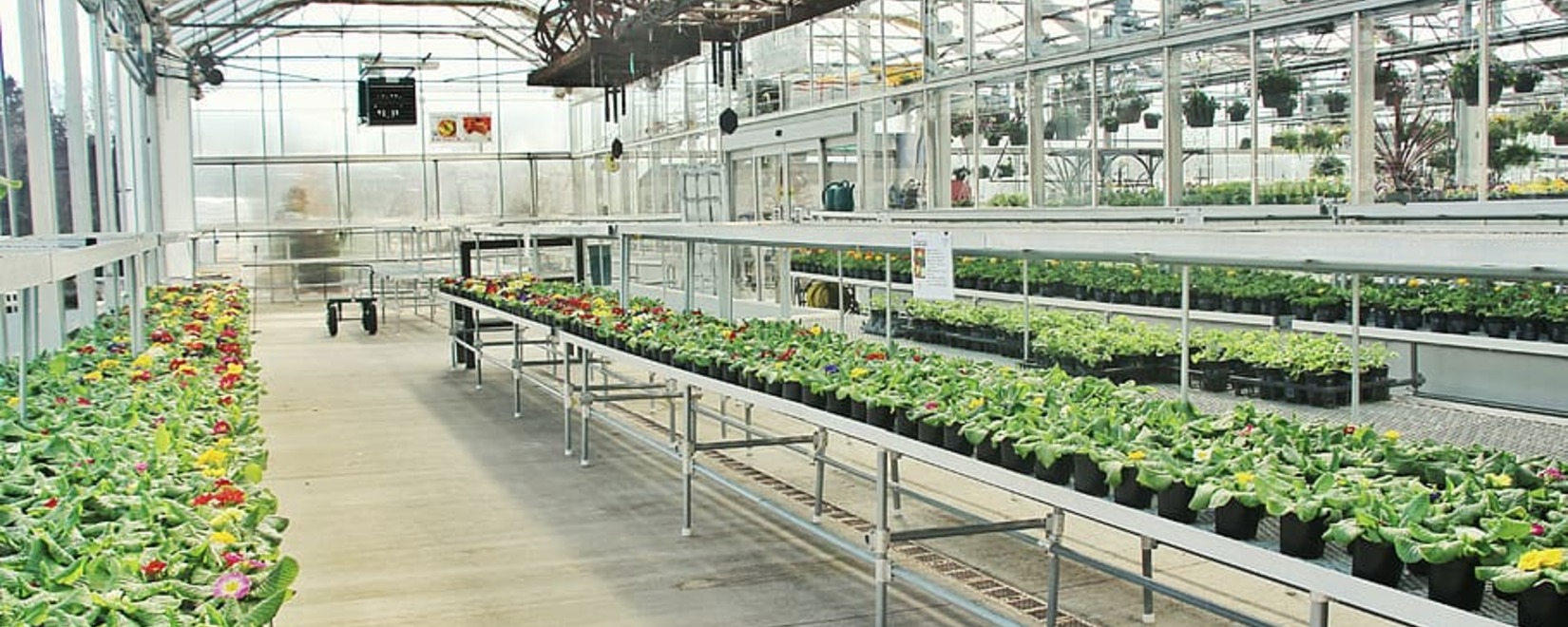In Russia, it is necessary to encourage the creation of new greenhouse complexes in order to increase vegetable production and stabilize their prices. This was reported by the Chairman of the Committee of the Federation Council on Agrarian and Food Policy and Environmental Management, Alexander Dvoynykh. He noted that the northern regions particularly need new complexes to ensure an adequate supply of vegetables and reduce their prices.
Recently, representatives of the committee, together with representatives of the Ministry of Agriculture, discussed possible measures to increase the production volumes of greenhouse vegetables. According to Dvoynykh, the main support measure provided by the industry is the compensation of the main construction costs for the complexes. He also pointed out that the cost of electricity is one of the main expenses for greenhouse complexes, and it is possible to encourage gas companies to increase production volumes by offering them special conditions for gas production, the use of which can reduce electricity costs.
However, a representative of the industry stated that growing greenhouse vegetables in northern regions is not cost-effective, and it is much cheaper to import them from existing plants. He explained that vegetables can be transported over significant distances, allowing them to be delivered to virtually any populated area. Additionally, he mentioned that building new plants is not feasible due to the low population density and suggested that modernizing existing facilities would be a more rational solution for the northern regions. He also noted the government support in the Far East, including compensation for capital costs and preferential investment loans.
According to the representative of the Fruit and Vegetable Union, Andrey Kazakov, it is necessary to build new greenhouse complexes taking into account the food balance of the regions. He noted that there is a certain balance between the production process and regional demand in the country's protected ground vegetable market. Therefore, when building new plants, it is necessary to take into account the analysis of the food balance. He also pointed out that in the case of a negative food balance in the region, the problem can be solved by delivering vegetables from regions with a surplus, modernizing existing facilities, or building new greenhouse complexes.
Kazakov also emphasized the importance of considering population density and production capacities in the region. For example, in the Far Eastern Federal District, where population density is high and capacities are insufficient, there is a shortage of greenhouse vegetables, making it a reasonable solution to build new greenhouses in this region. Kazakov noted the government support in the Far East in the form of partial reimbursement of construction costs, preferential investment loans, and other support measures.
The Union also supports the initiative to support greenhouse enterprises and create favorable conditions for purchasing gas. He pointed out that energy resources account for significant costs in vegetable production under greenhouse conditions, and their share can be up to 50%. He also noted that gas and electricity prices rise annually, making it difficult for agricultural producers to develop greenhouse vegetable production. Consequently, he called for establishing preferential tariffs for greenhouse enterprises or providing special gas payment terms, such as payment deferrals. Kazakov also highlighted the need to address the debts of greenhouse enterprises to Gazprom, suggesting the introduction of a new mechanism of direct subsidies for energy resource payments from the federal budget.
Thus, the creation of new greenhouse complexes, industry support, and the provision of favorable conditions for purchasing gas can contribute to the development of vegetable production and ensure stable prices for them.

 Trading platform
Trading platform 
 Monitoring
Monitoring  Express applications
Express applications 
 Fork Work
Fork Work 
 Service
Service  News
News  Directory
Directory 
